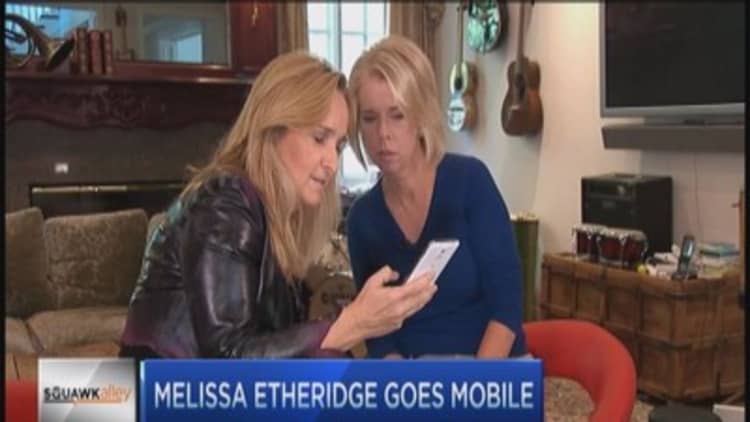A Los Angeles Superior Court judge has shot down former Panamanian dictator Manuel Noriega's lawsuit against the makers of the "Call of Duty" video game franchise.
Judge William H. Fahey agreed with Activision-Blizzard that the suit, which claimed Noriega's appearance in "Call of Duty: Black Ops II," used his name and image without permission, was protected under free speech and should be dismissed.
"Noriega fails to provide any evidence of harm to his reputation. Indeed, given the worldwide reporting of his actions in the 1980s and early 1990s, it is hard to imagine that any such evidence exists," said the judge.
The case, which had legal onlookers scratching their heads from the beginning, had quickly grown into a media circus, with Activision hiring former New York City mayor Rudy Giuliani to serve as co-council on the defense team.
"This ruling is an important victory and we thank the court for protecting free speech," said Giuliani in a statement following the ruling. "This was an absurd lawsuit from the very beginning and we're gratified that in the end, a notorious criminal didn't win. This is not just a win for the makers of Call of Duty, but is a victory for works of art across the entertainment and publishing industries throughout the world."
Read More Xbox One prices slashed by $50
Noriega had claimed that the use of his likeness in the game was an effort "to increase the popularity and revenue" of the series.
"Black Ops II," released in 2012, topped $1 billion in sales in just two weeks upon its release. The game raised some eyebrows at the time for its fictional casting of former CIA director David Petraeus as the Secretary of Defense in 2025. (Development of the game was completed long before the sex scandal surrounding Petraeus broke.) The game also featured former Lt. Col. Oliver North, who was an advisor during the game's creation and provided in-game voice-acting.
Read More Wal-Mart beefs up its used game business
Noriega had sought a share of the game's profits as well as damages. Noriega's attorney, William T. Gibbs, said it's still undetermined whether the there's no decision yet on whether the former strongman will appeal the ruling.
"We're still in the process of reviewing it and reviewing it with our client, so at this time I can't really comment beyond that," he said.

Activision argued the First Amendment prohibited historical figures from censoring creative depictions of their role in historical events. The character that bears Noriega's name and likeness in "Black Ops II" assists the CIA, but later betrays them.
Activision's victory is unlikely to affect the company's stock, as investors had largely shrugged off the legal threat—and analysts had said the publisher would not have faced a significant downside had it lost.
Watch More: Mo+bile games turn to Hollywood
While Noriega's suit is now over, another publisher is still dealing with a pair of legal headaches over the alleged use of well-known figures in one of its games.
Actress Lindsay Lohan is suing Take-Two Interactive Software and Rockstar Games for allegedly using her image without permission in "Grand Theft Auto V." Karen Gravano, daughter of Sammy "The Bull" Gravano and former star of the VH1 reality series Mob Wives, is also suing Rockstar and Take-Two and accused them of using her image and life story.
The story has been updated with comments from Noriega's attorney.

